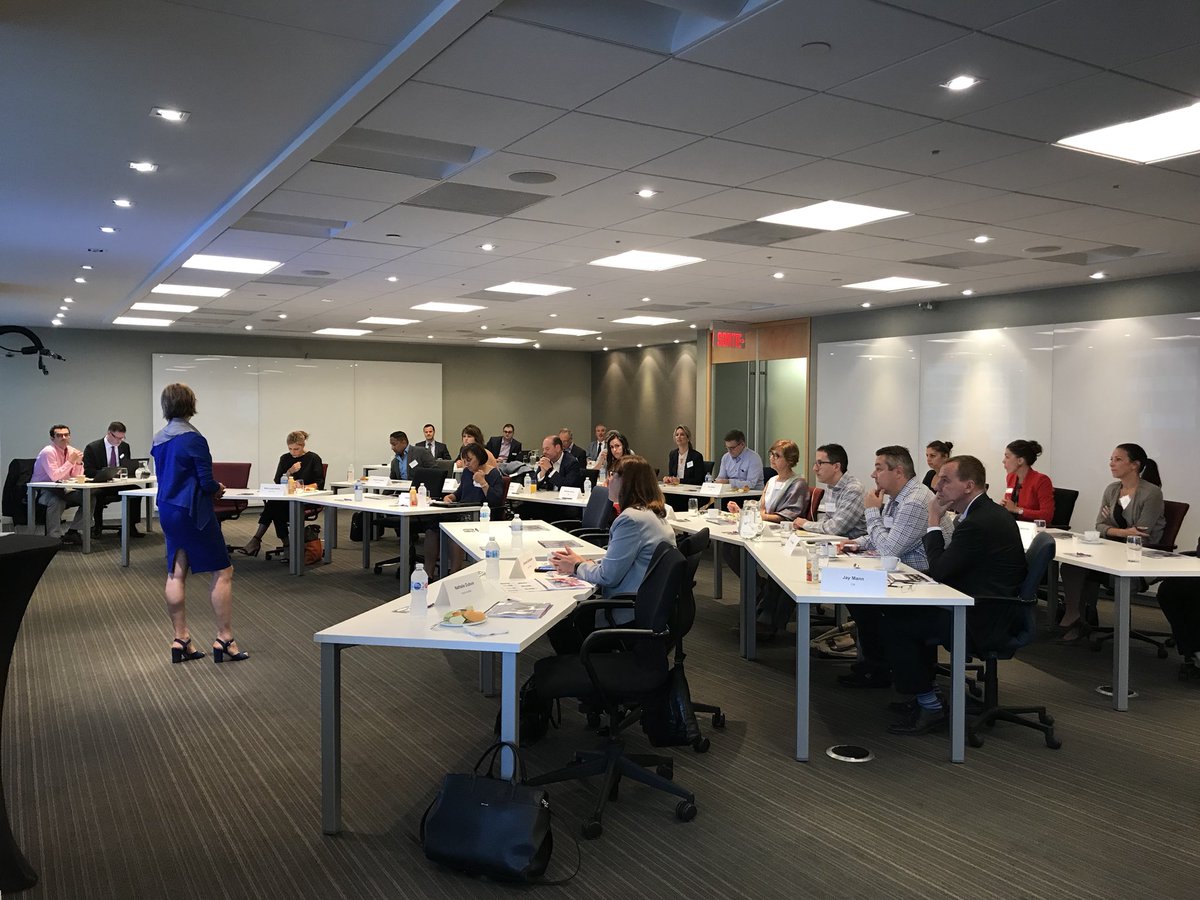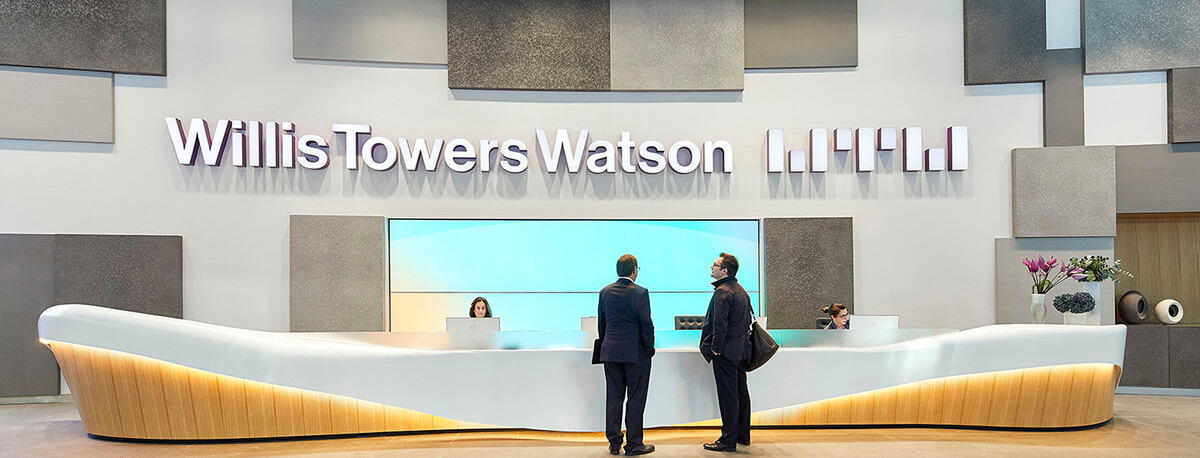As companies transition to new ways of work, the number of organizations in the Philippines making employee experience a top priority has surged, according to a new survey by Willis Towers Watson (NASDAQ: WLTW), a leading global advisory, broking and solutions company. However, while employers recognize adapting to the new reality will take time and require a hybrid work model, many are not ready to meet the challenges.
Willis Towers Watson’s main business core is to help clients around the world turn risk into a path for growth. With roots dating to 1828, Willis Towers Watson has 45,000 employees serving more than 140 countries and markets.
The 2021 Employee Experience Survey found that 95% of Philippine employers said enhancing the employee experience will be an important priority at their organization over the next three years compared with just 65% indicating it as important prior to the pandemic — and with good reason. Most respondents believe a positive employee experience is a key driver of engagement (89%), productivity (88%), overall business performance (88%) and employee wellbeing (87%)
Organizations took rapid actions during the pandemic including moving workers to a remote or hybrid work environment, making job cuts, restructuring or cutting pay or benefits. While these actions were less prevalent in Asia Pacific than reported globally, they still took a significant toll on people with many reporting anxiety and work distraction, creating a ‘stress test’ on the employee experience for many organizations — more than half (52%) reported a negative impact on the employee experience as a result of the pandemic.
“Whether it’s due to employer actions such as pay reductions and layoffs or because of virtual work and personal hardships for some, the pandemic exposed shortfalls in the employee experience at many organizations. Many employers are not equipped to deal with these challenges,” said Lee Briones, Employee Insights Leader, Philippines, Willis Towers Watson. “Our study reveals that 40% of organizations have undefined or a basic approach to the employee experience that is not aligned to the business strategy. Enhancing the employee experience has therefore become an imperative for organizations and it’s one that will take time” added Briones.

As the coronavirus continues to run its course in the country, the stress on employee experience will not go away anytime soon. Employers recognized that this elongated return will require a clear focus on three areas: a change in work model, prioritizing wellbeing and aligning total rewards programs to diverse employee needs.
Indeed, over eight in 10 employers (87%) recognize that the new realities of the labor markets will require a hybrid model for many roles. While many employers have begun the process of change, only 61% are flexible about where or when work gets done; 70% are in the process of reimagining careers in response to changes in the way work is accomplished; and more than half (61%) are segmenting Total Rewards to account for a different workforce profile – and there will be further challenges ahead.
“As organizations look ahead to a post-pandemic era, their ability to move the needle on the employee experience will be critical. To succeed, they must start with a bold employee experience strategy that supports their business strategy and is based on a consistent model. Then, they can turn to execution – adapting programs and policies reflective of flexible work, paying employees fairly, enhancing benefit delivery and wellbeing programs, supporting workers in a more agile and flexible workspace, and aligning Total Rewards programs to meet the needs of a diverse workforce,” shared Lee.
Other findings from the survey include:
DIGITALIZATION

LEADERSHIP COMPETENCIES

DEVELOPING CHANGE CAPABILITY

A total of 91 organizations in the Philippines, representing 483,000 employees, participated in the 2021 Employee Experience Survey. The survey was conducted in April 2021.
Image Sources: Twitter – Wills Tower Watson, intelligentcio.com, insuranceasianews.com







